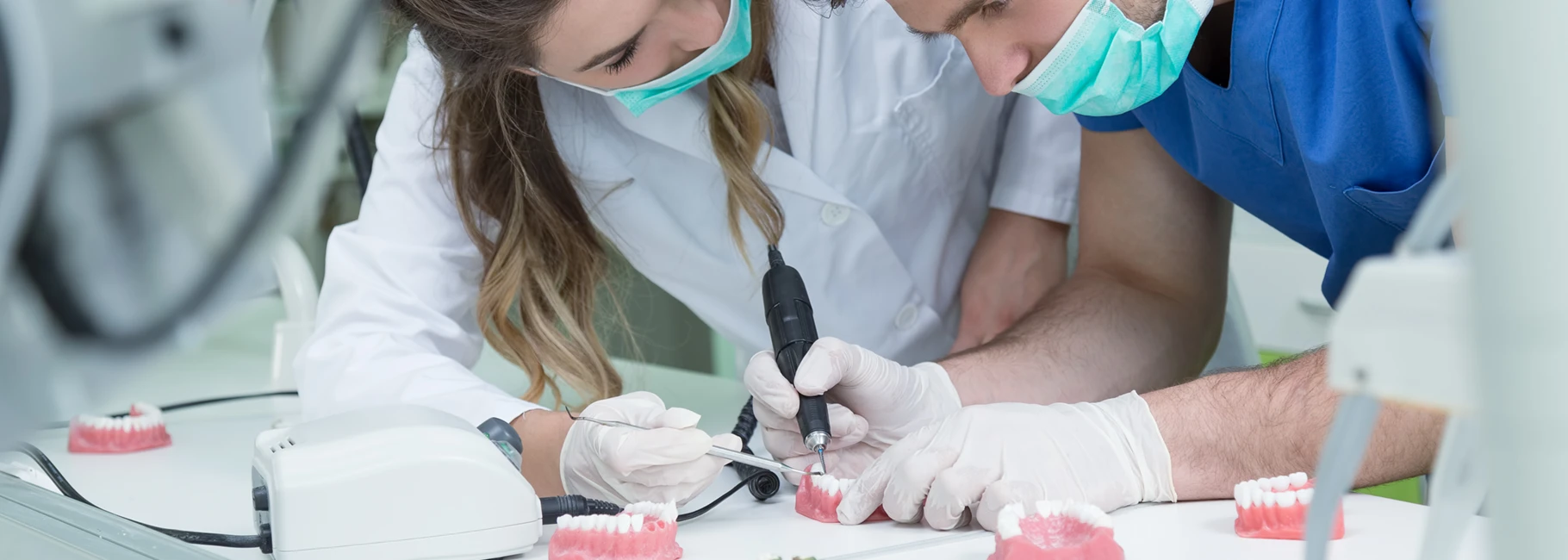By McGreggor, IvyWise College and Medical School Admissions Counselor
Medical schools are composed of many different types of students. Some, like me, didn’t know they wanted to become physicians or surgeons until they were in college, or even quite a bit later in their lives. (See this awesome list of post-baccalaureate programs for more details.) Others knew from an early age that their future was in medicine, and like the goddess Athena, they sprung forth as a fully formed premed with a four-color highlighter grasped tightly in their tiny baby hands.
Given such different populations, it’s not too surprising that these students approach the medical school application process in quite different ways, and their application timelines differ, too. Most future doctors use the standard AMCAS application process, wherein one submits a gigantic omnibus application containing college transcripts, MCAT scores, letters of recommendation, the dreaded personal statement, and detailed descriptions of their numerous activities after their junior year of college or even quite a bit later. (In my med school class, many of my friends had spent multiple years after graduating college volunteering for the Peace Corps, teaching high school science, or even competing in the Olympics.)
A small number of future doctors, however, are attracted to the possibility of applying to college and medical school simultaneously while still in high school via combined or accelerated bachelor/MD programs (of which there are dozens!). Depending on the program they enroll in, students may have their MCAT requirement waived, avoid gathering letters of recommendation, and can jump directly over the hyper-competitive medical school application process. But McGreggor, can I really get into medical school as a 17-year-old? Are these programs right for me, and what can I do to get into them? Year after year, I meet students who ask me these questions, and my answer is always the same: It depends.
Types of BS/MD Programs
First, let’s explore the structure of these programs.
- Combined programs are typically eight years long with a traditional four-year undergraduate program followed by a traditional four-year medical school program and take place at a university and its associated medical school.
- Accelerated programs are seven years long where the traditional eight years are smooshed together into seven super-concentrated years and are for those kids who are so enamored with medicine that they wish to give up smelling some roses along the way.
- Early assurance programs, the rarest of these, allow current undergrads to gain admission to a medical school early in college, but they must finish their undergraduate degree before enrolling.
Students admitted to these programs are a diverse bunch of kids outwardly, but under the surface, they are united by three themes. First, they have been interested in medicine for quite some time. Second, the students have demonstrated their clinical interests over time through medical research and clinical or shadowing experiences. Third, these students uniformly have high standardized test scores and GPAs. From the medical school’s perspective, these are all very strategic and pragmatic admission standards.
After all, what if the student sees the light, changes their mind in their junior year, and no longer wants to become a physician? What if they absolutely hate the clinical side of medicine? And without an MCAT score or college transcript in hand, how can they assure the medical school admissions committee that they will perform admirably on their numerous U.S. Medical Licensing Exams and get into a good residency? Medical schools want to minimize attrition of their students AND ensure successful placement of their students into competitive residency programs thereafter, so it’s no wonder the standards are so high and the admission rates are so low for these types of programs.
Preparing for a BS/MD Program
When I meet with a student interested in these combined programs, I give them candid and unvarnished feedback that centers on preparation and understanding. From a preparation perspective, it’s never too early to start optimizing your experiences to fall in line with what the programs expect of their best applicants. STEM-heavy course loads (with AP Bio a must) help ensure that you are academically prepared. Excellent grades in challenging classes are a near-prerequisite.
Get into research as quickly as you can, too. Swinging a freshman-to-sophomore summer research project in a lab close to home can start a great domino effect, leading to (perhaps) term-time research and projects to undertake during your sophomore-to-junior and junior-to-senior summers. Ideally, staying in the same lab throughout your high school tenure would be my preference, as you can establish depth in your projects, and your letter of recommendation from the lab head will be that much more detailed.
And don’t forget to align with a clinician mentor who can provide you with shadowing experiences. Just like with research, start this early, be consistent, and establish depth. The benefit of all these steps is that, should you change your mind and not want to apply to a combined program, you’ll still be an excellent applicant to colleges!
What’s most important to consider when preparing for these types of programs is understanding your motivations — which often requires a lot of personal reflection. Is this really what you want to do? Do you fully understand what the life of a physician or surgeon is like and what it’s going to be like 10-15 years from now? (Hint: It’s a lot of paperwork.) Do you know how long of a process this is? (That’s an easy one: four years of undergrad, four years of medical school, three years of residency, and three years of fellowship!) Do you know how much debt you will incur? (Also easy: lots!)
What happens if you change your mind mid-stream? Will the college you chose based on its combined program suit your needs and prepare you for the future you want, now that you are no longer going to its medical school? Again, yikes! Lots of heavy stuff for a 17-year-old! And as I mentioned earlier these programs are tough to get into, and you need to sacrifice your precious Common App slots (of which you are granted twenty) to apply to these programs.
Part of growing up is recognizing the need for self-reflection, a deep breath, and general adulting. One of the biggest issues facing American healthcare is physician burnout, so it’s important when considering these programs to understand why you want to get started on this path earlier than most. If you’re truly, deeply, wonderfully in love with medicine and wish to go down this route, get started as quickly as you can on those affirming experiences in the lab, with patients, and in your community.
At IvyWise, our admissions counselors have specific experience working with prospective medical school applicants and can help these candidates prepare accordingly. Contact us today for more information about our medical school counseling services.




